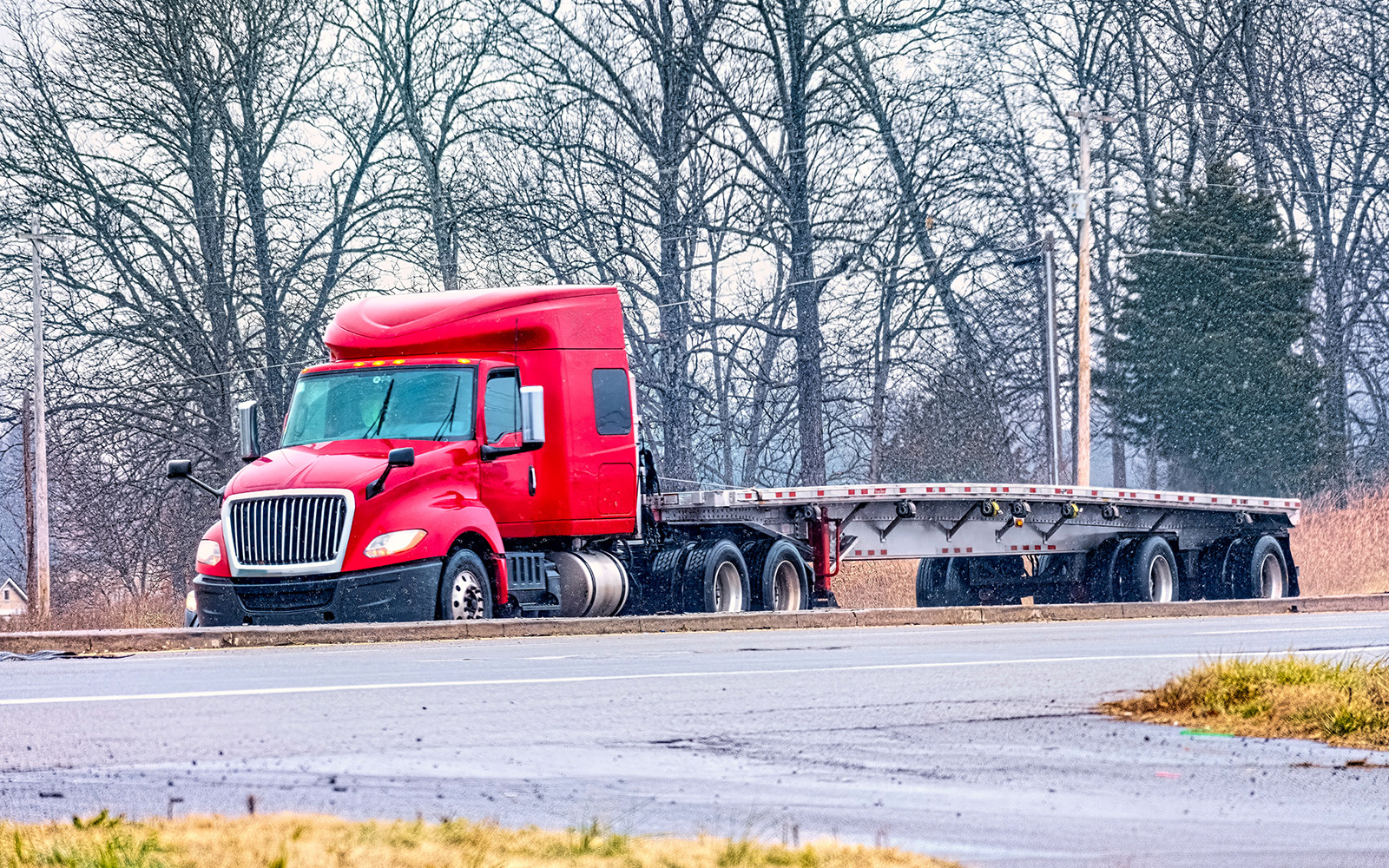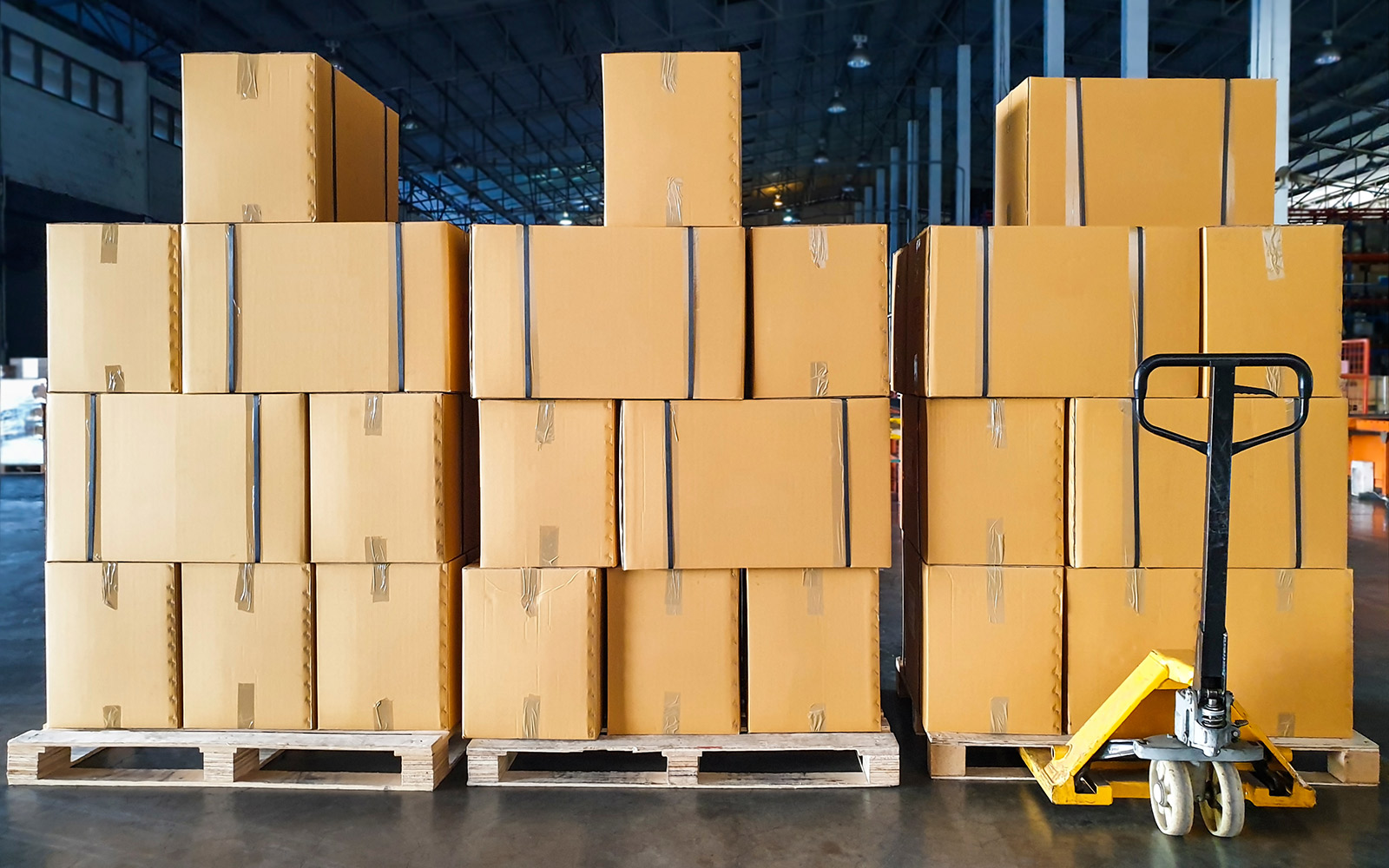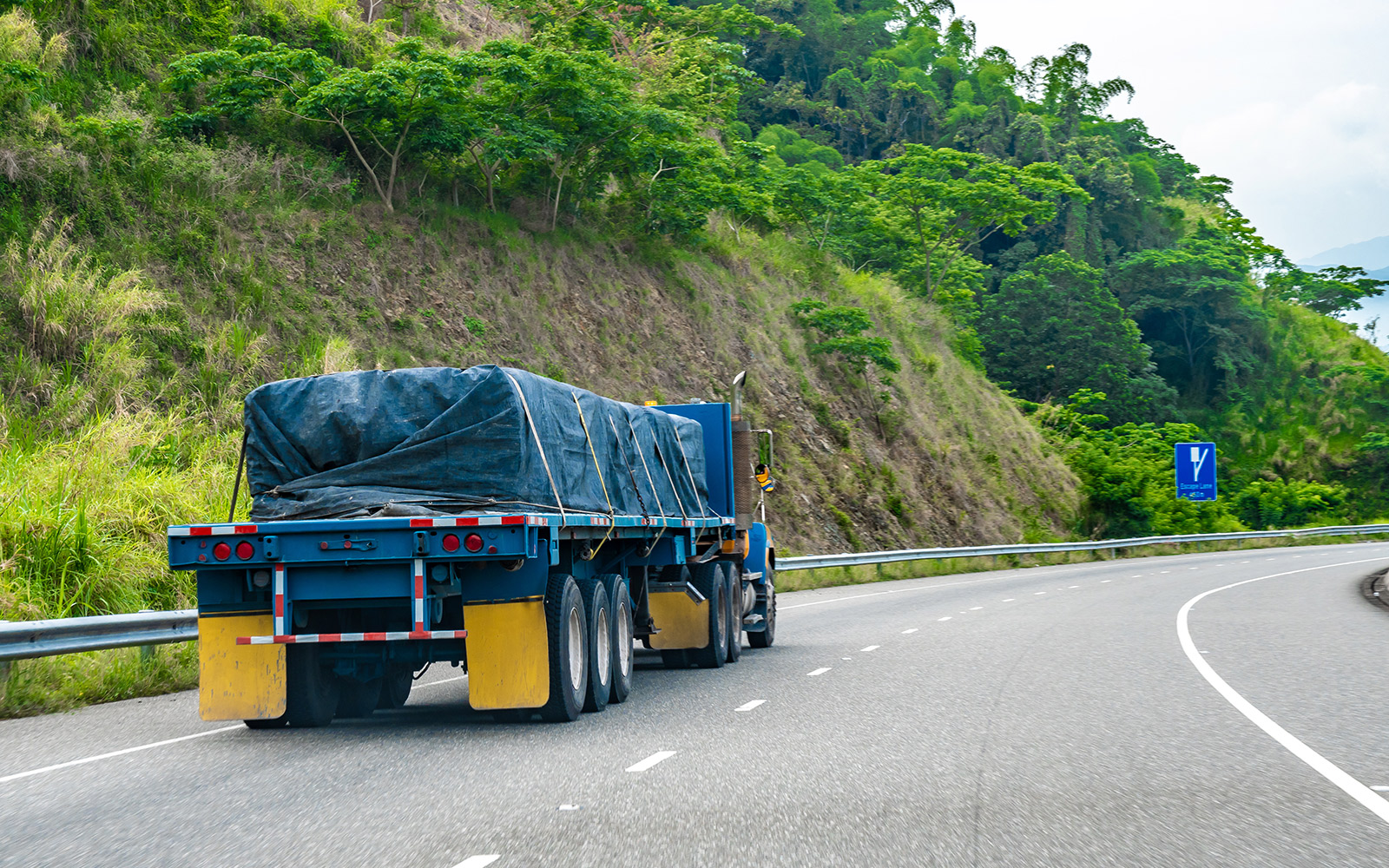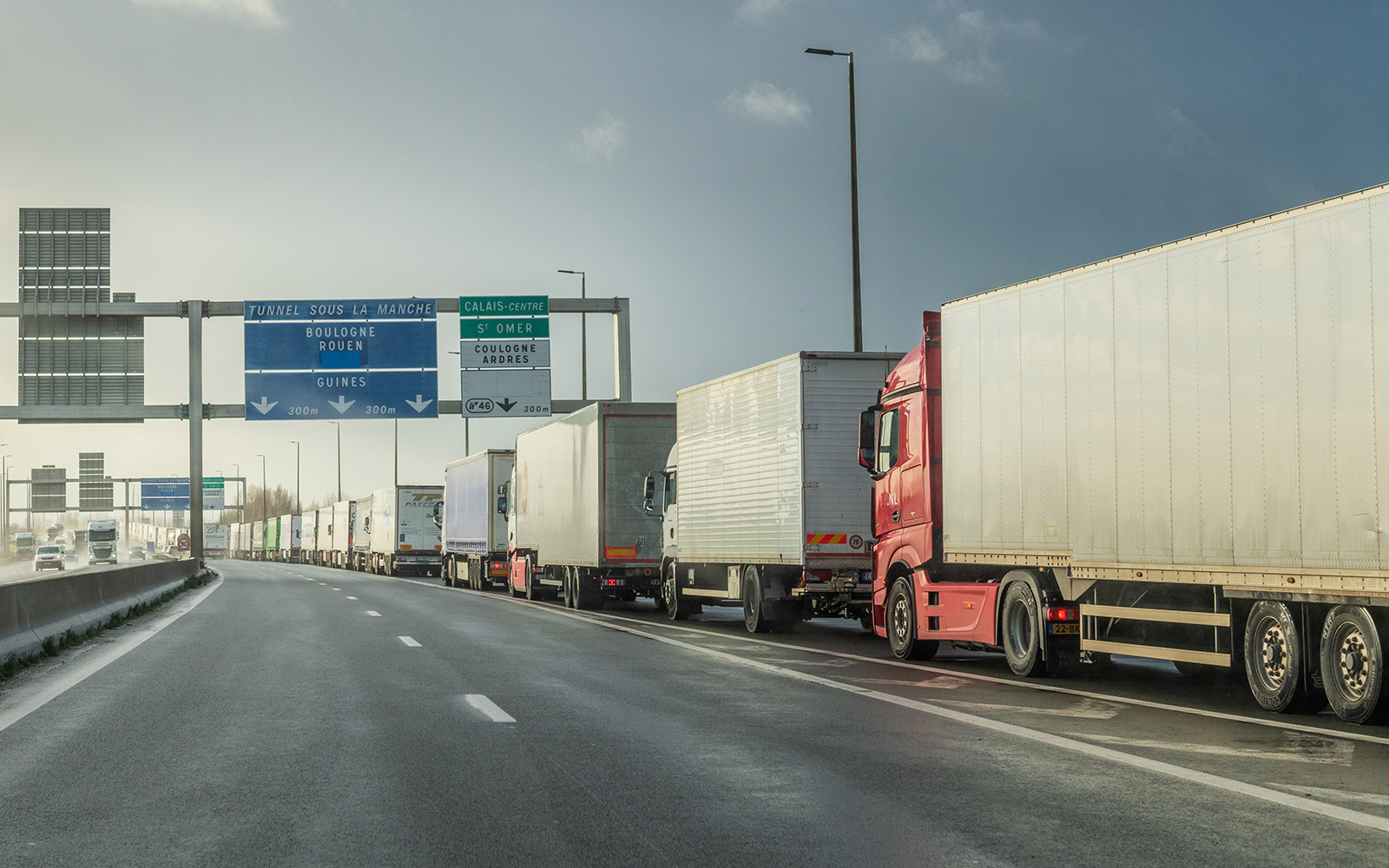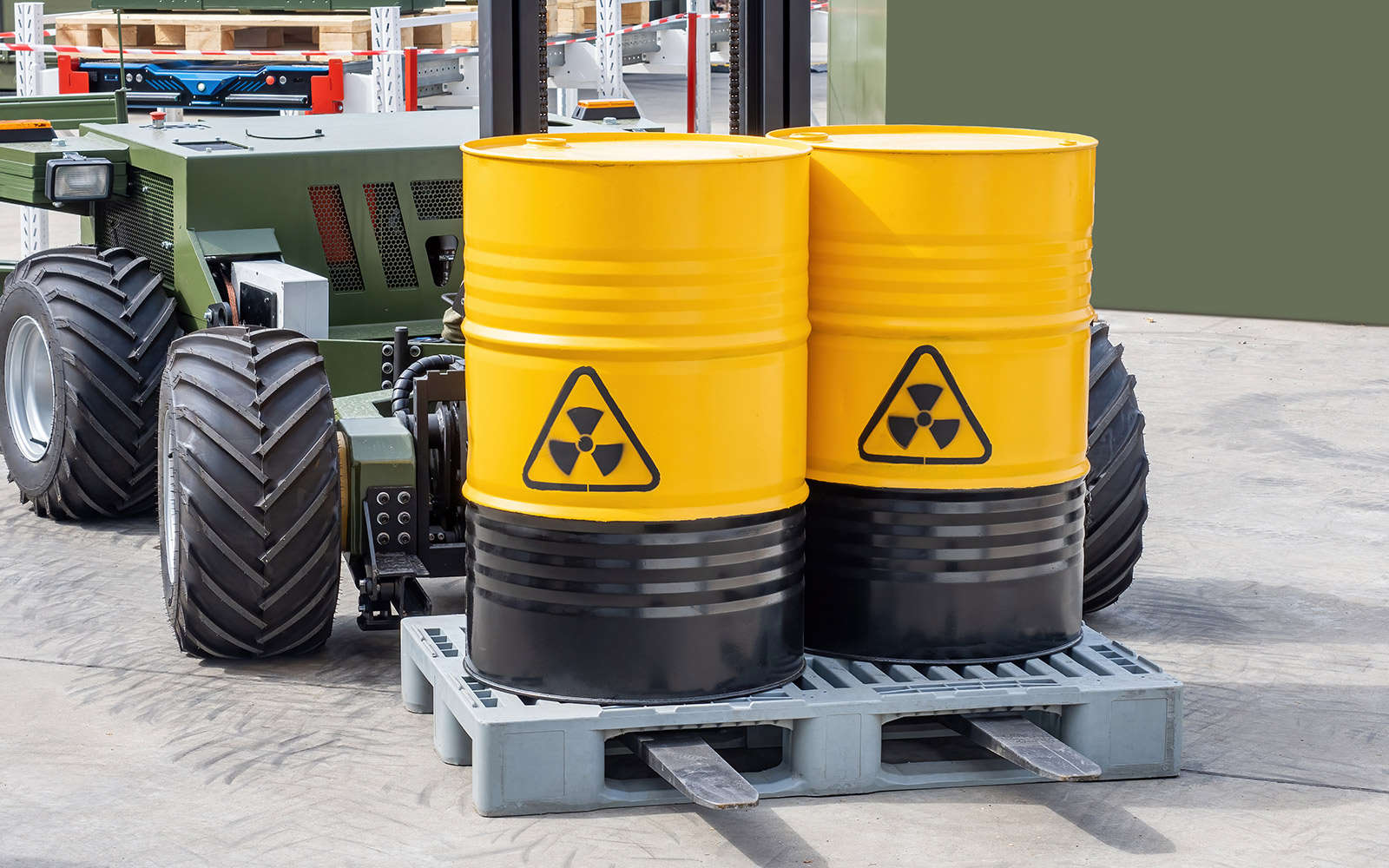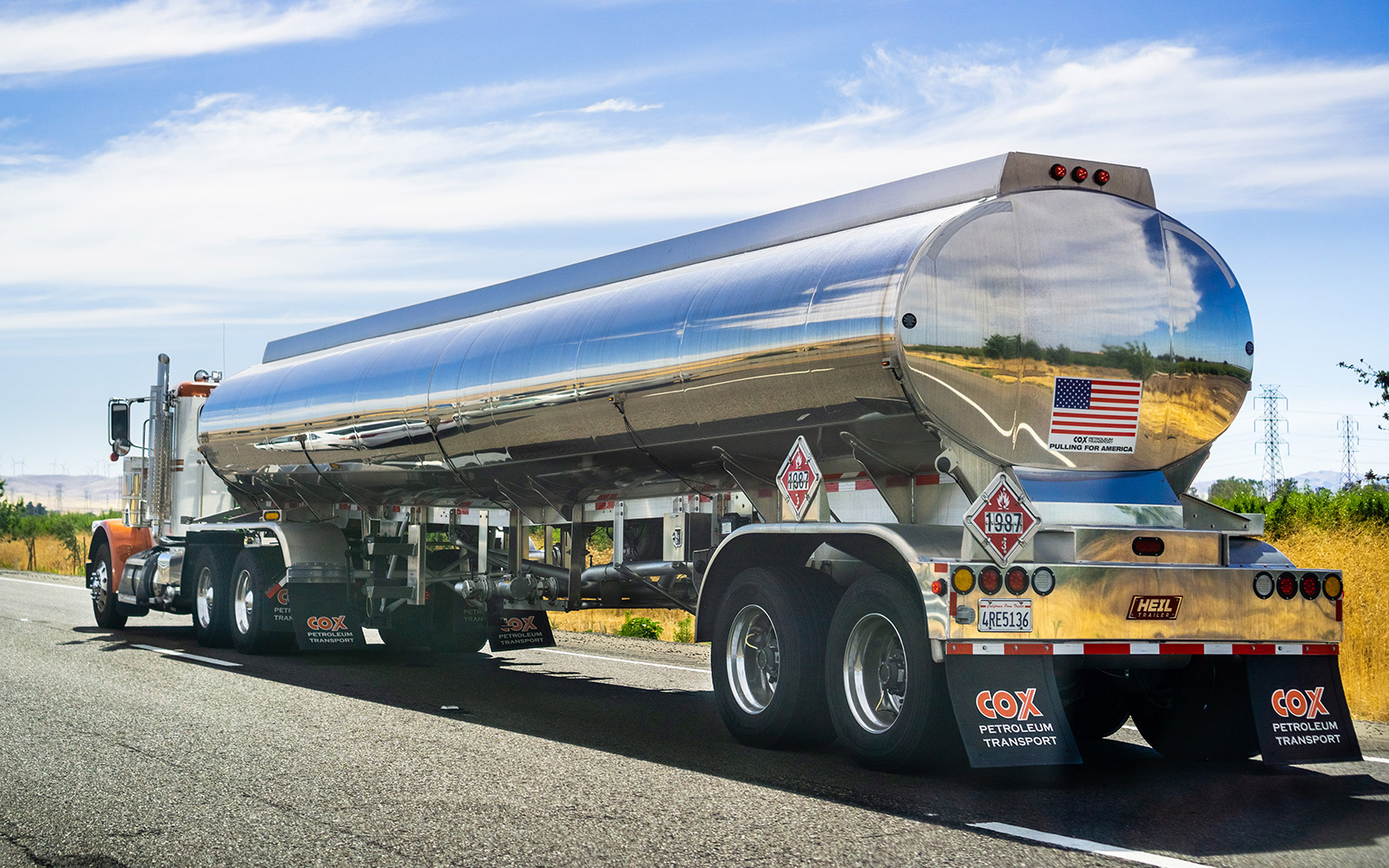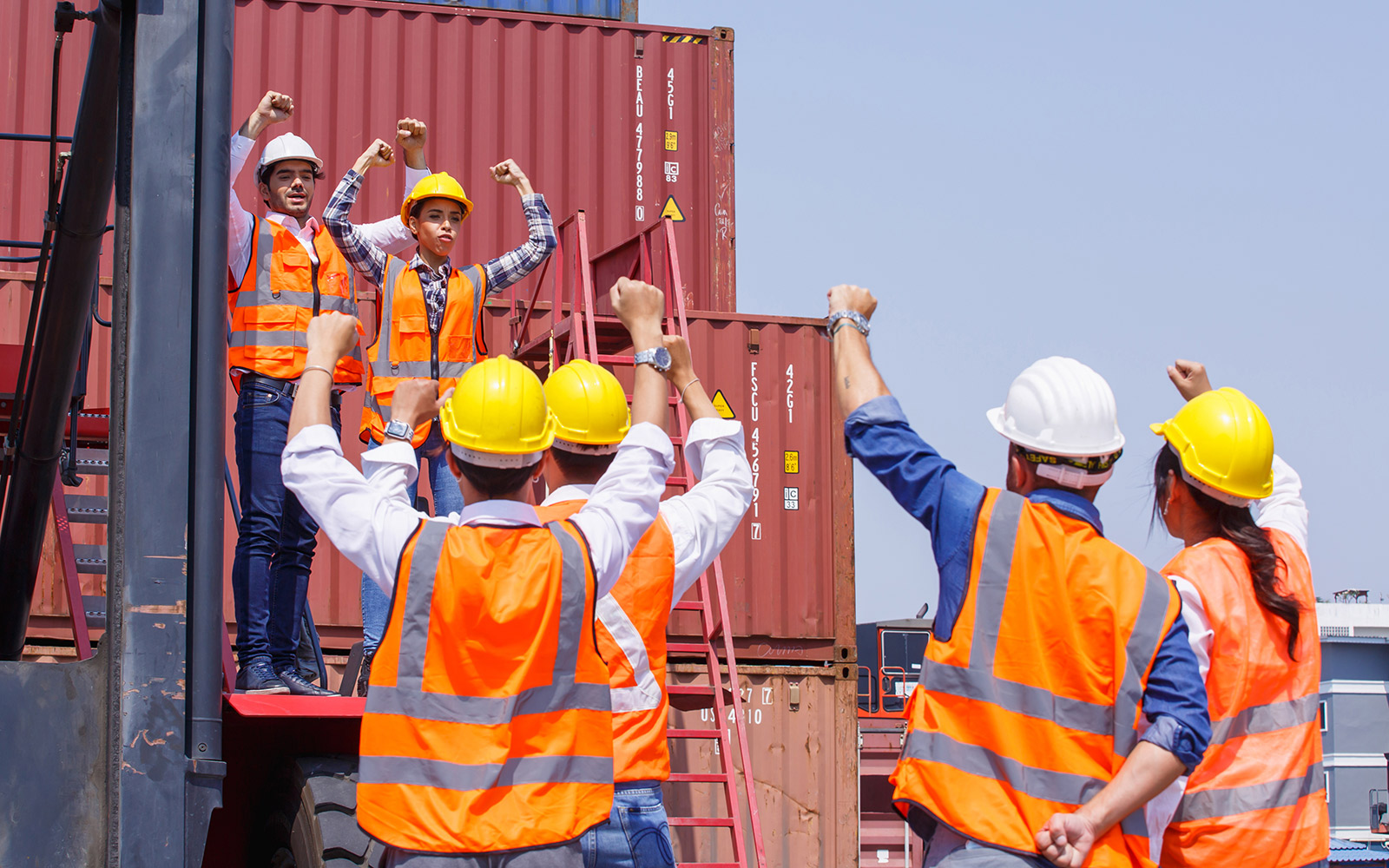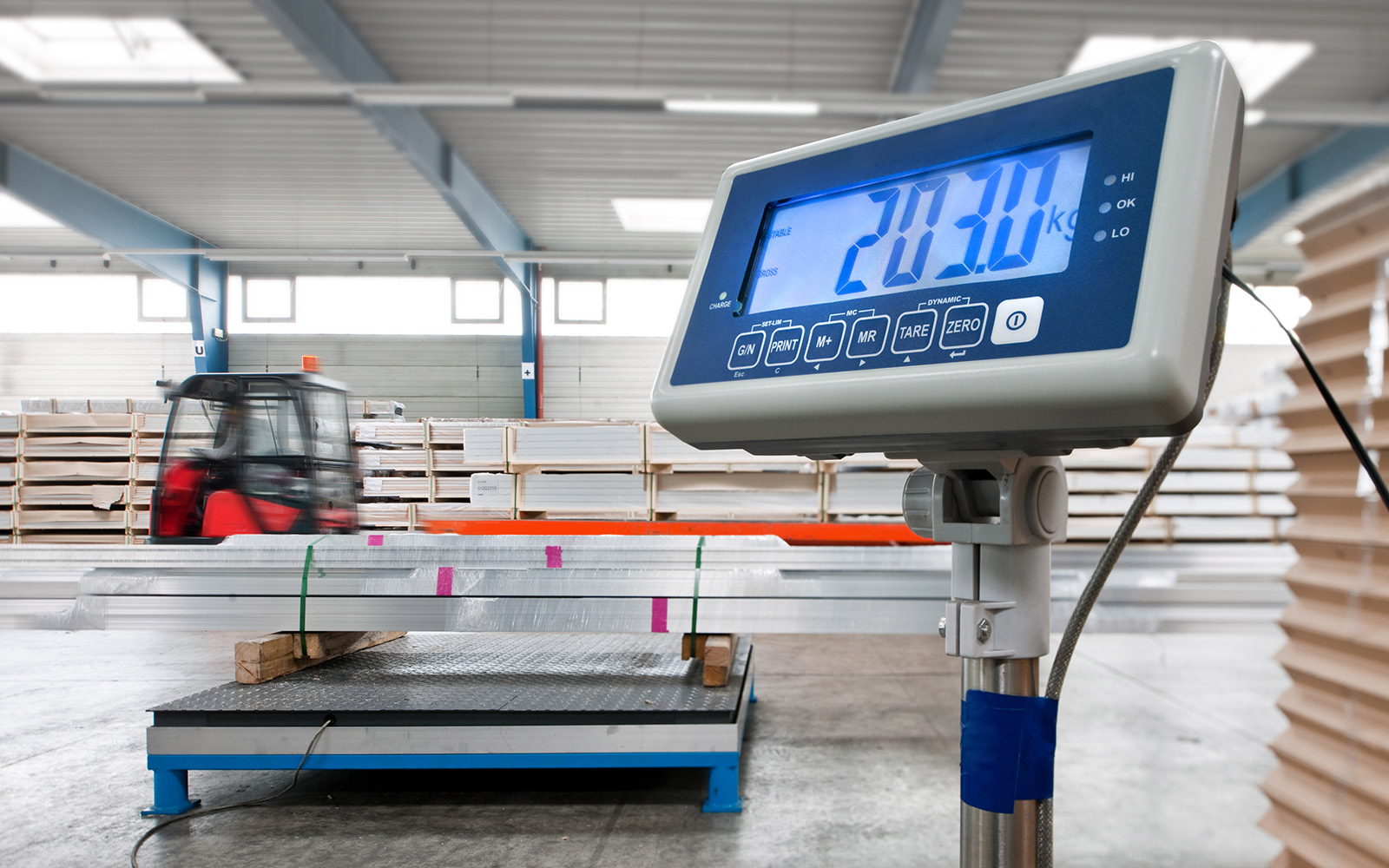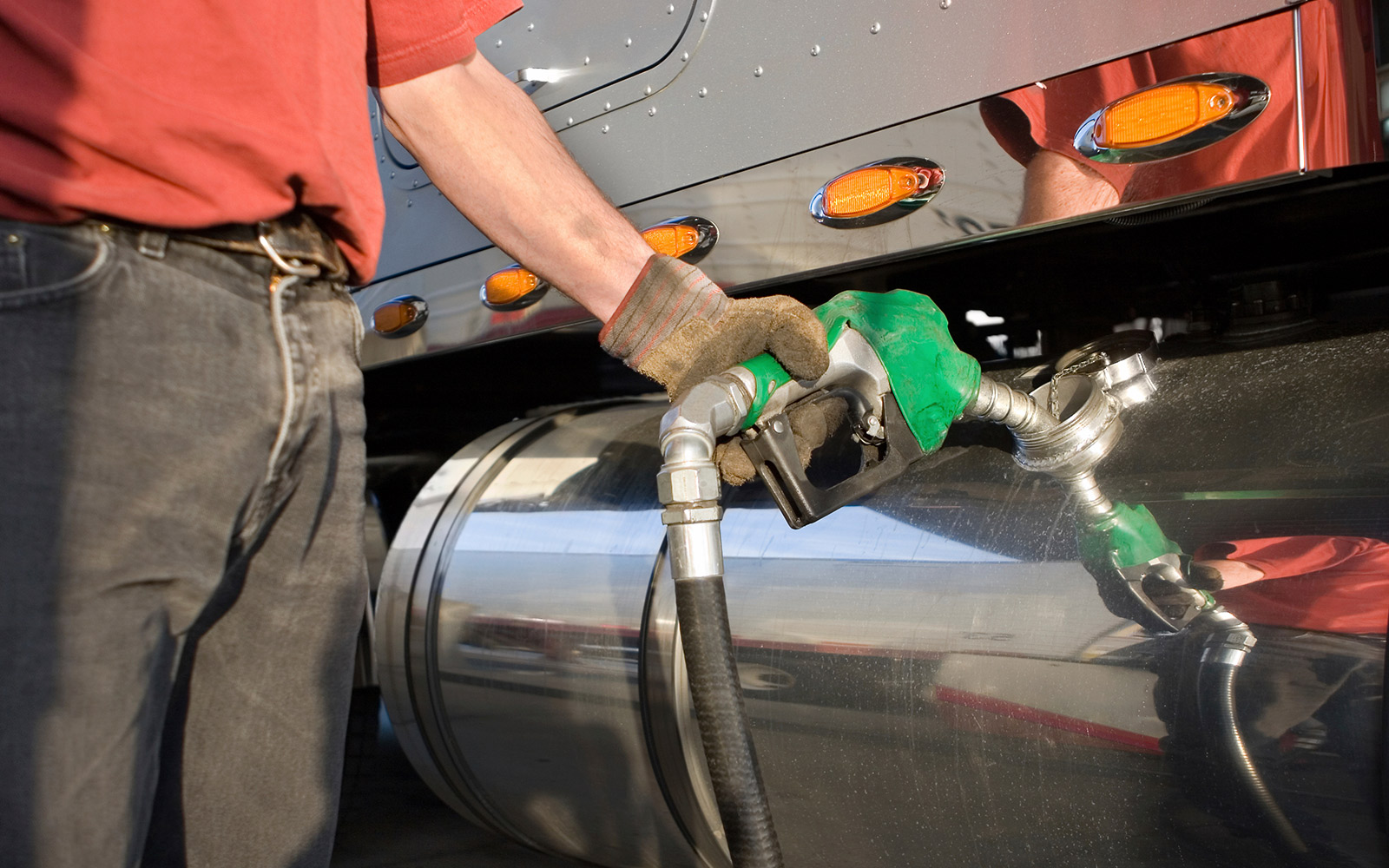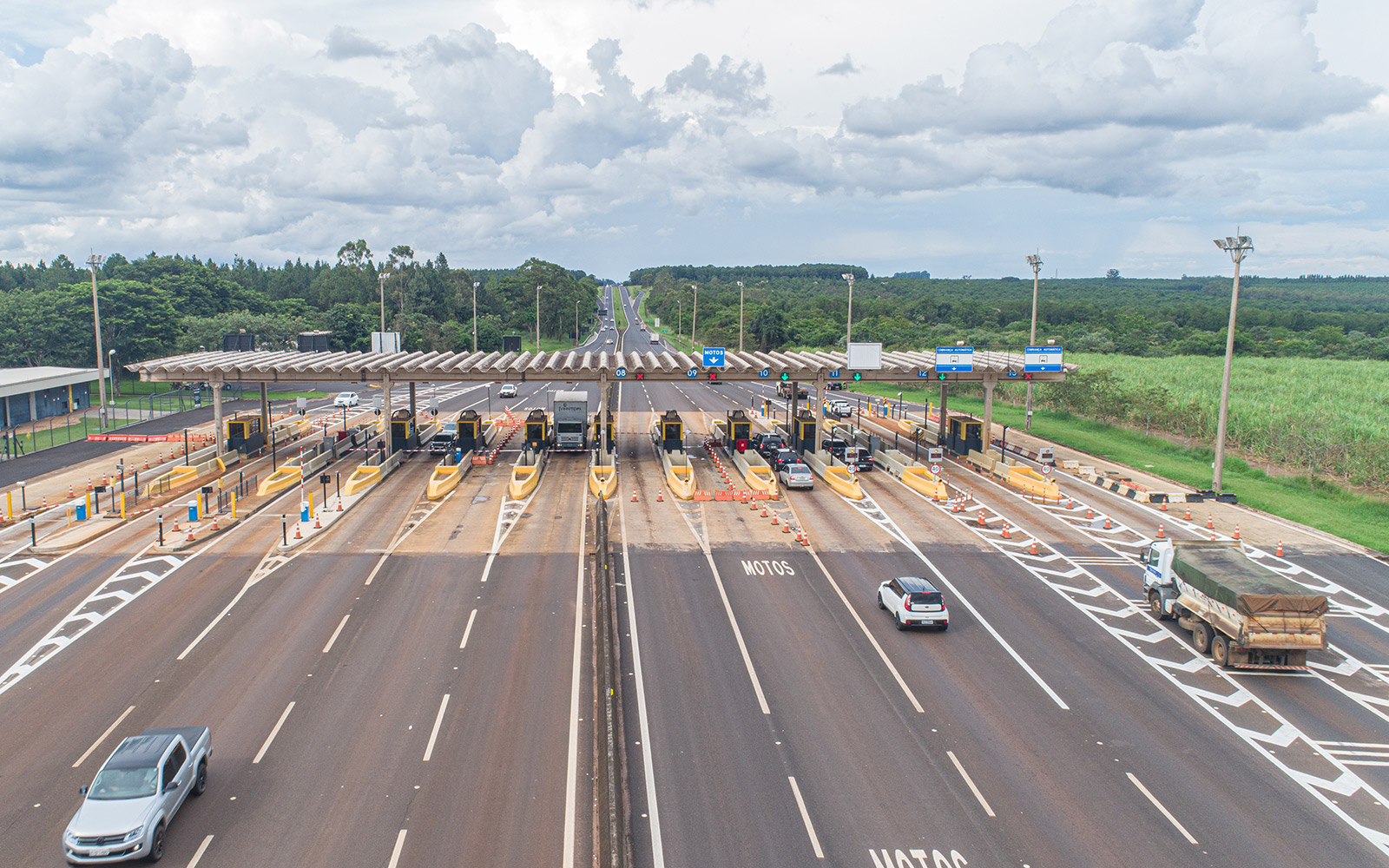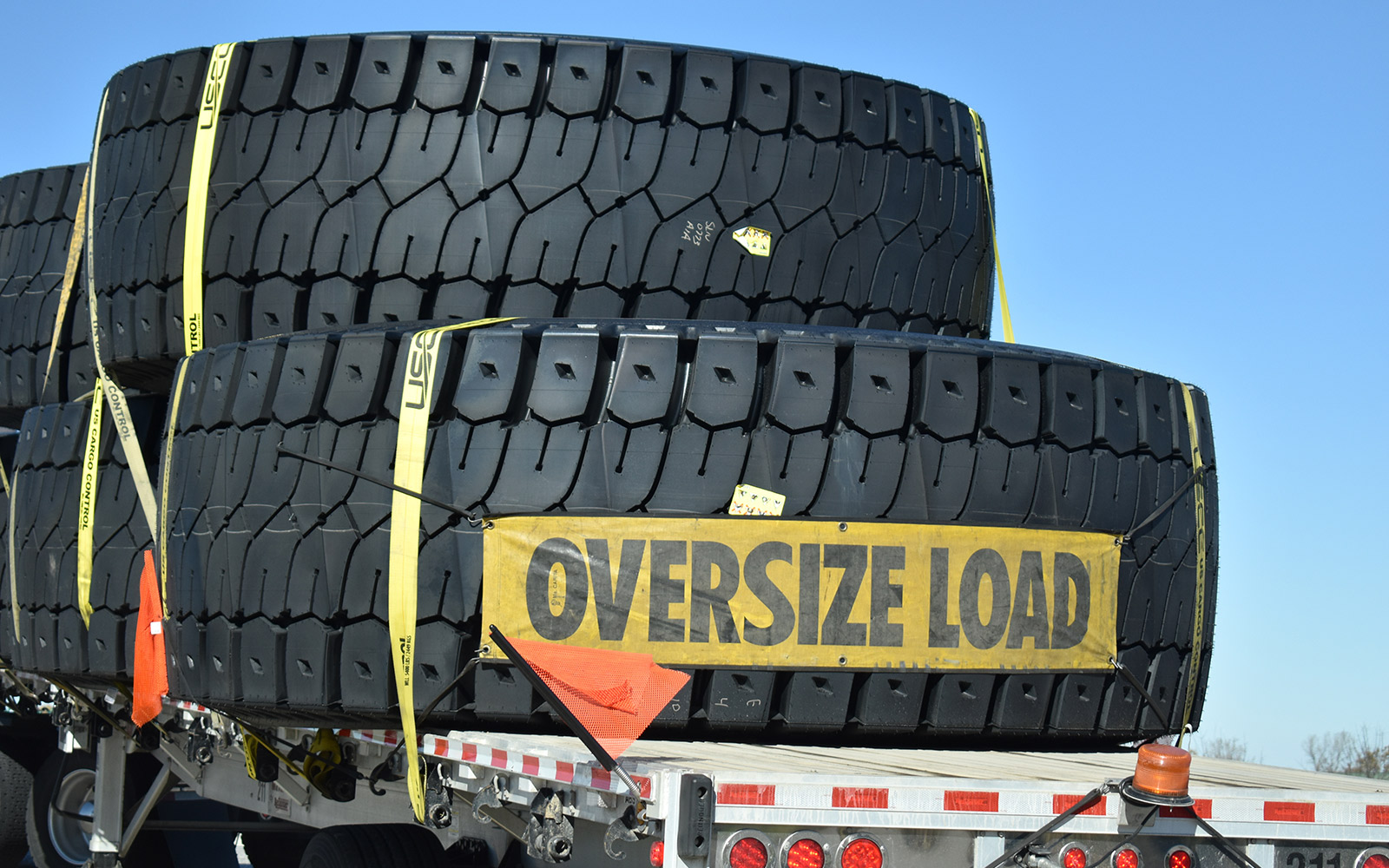Freight Logix Sea
Ocean FCLYour Global Freight Forwarding Solution!
What Are Accessorial Charges?
In trucking, accessorial fees are extra costs for a la carte services not included in the basic shipping contract. They are typically added to the freight bill after the delivery is complete, which can make it tough for shippers to know exactly when to expect an additional charge. Fortunately, learning more about these fees can help you understand the most common accessorial charges, why they are applied, and what you can do to minimize your final bill.
25 Common Accessorial Charges for Shippers
When you work with different carriers or brokerages, accessorial fees may vary slightly, so this list doesn’t necessarily cover every expense you might encounter. Still, the accessorial fees list below includes the charges you are most likely to see.
1) Truck Order Not Used (TONU):
This is a cancellation fee applied if the order falls through. However, TONU fees are only charged if the cancellation occurs within a predetermined window. If you’re unsure whether an order will go out as planned, ask in advance about the TONU fee and when it takes effect.
2) Detention Charges:
These hourly fees cover the driver’s time if they get stuck at the loading or unloading dock for a long time. A typical contract gives you two hours before a detention charge kicks in but be sure to ask. You might be able to negotiate detention charges before signing the contract, but not when you receive your invoice.
3) Layover Charges:
A layover is a longer – and more expensive – detentention. The exact time frame varies, but layovers tend to be at least 24 hours long. You’ll pay a flat layover fee rather than an hourly charge, which covers both the driver’s inconvenience and the carrier or broker’s need to rearrange other deliveries.
4) Deadhead Miles:
Not all carriers and brokers charge for deadhead miles, but some do. Deadhead miles occur when an empty truck returns to its point of origin or drives to a pickup location.
5) Inside Delivery Charge:
Despite the name, it does’t matter if the driver is physically delivering goods inside a building or not. If the driver must go beyond the loading dock at pickup or delivery, odds are high that you will need to pay an inside delivery charge.
6) Tarp Charges:
Tarps are heavy, and setting them up takes time. If your goods are being transported on an open flatbed and you would like them protected from the elements, expect to pay a tarp charge. These fees may vary based on the weather and the size of the items that need protection.
7) Stop Charges:
8) Limited Access Charges:
These accessorial charges apply when the pickup or delivery location is especially congested or requires special access procedures. Examples include military bases and unusually backed-up ports.
9) Reconsignment Charges:
If the delivery address changes after the truck is already underway, you will likely see a reconsignment charge. These fees typically depend on the distance between the original destination and the new one. Note that you should only be charged this fee if you change the address, not if there is confusion between the broker and the carrier.
10) Hazmat Charges:
Hazardous materials are more difficult to transport. Drivers must have a special endorsement, and following all Department of Transportation (DOT) regulations can be difficult and time-consuming. If you let the broker or carrier know up front that they will be transporting hazardous materials, any additional costs are typically built into the quote. However, if they don’t find out until pickup, you’ll likely see an accessorial fee for Hazmat.
11) Tanker Endorsements:
Drivers who haul 1,000 gallons of liquid must have a special tanker endorsement. Like hazardous materials, if you are clear about the load up front, the tanker endorsement fee will generally be part of your quote. But if you don’t let the broker or carrier know, you may see this fee on your final bill.
12) Redelivery Charges:
A redelivery charge will apply if the delivery can’t be completed the first time, whether due to a lack of staff to unload the truck or any other reason. This fee can be pricey since it forces the driver to do the job a second time.
13) Lumper Charges:
Sometimes the carrier needs to hire third-party labor to load or unload the truck, especially at large distribution warehouses. If this applies to your shipment, the cost passes on to you as a lumper charge.
14) Driver Assists:
If the driver is asked to help with loading or unloading, driver assist fees will apply. The charges can vary dramatically depending on the requested amount of assistance. For example, moving a single pallet jack is generally far less expensive than hand-unloading a full truck.
15) Reclassification and Reweigh Charges:
Less than truckload (LTL) shipments are quoted based on the weight, dimensions, and classification of the goods. The more accurate the information you initially provide, the more accurate your quote will be. But putting together LTL loads to fit into a truck is like piecing together a jigsaw puzzle, so if your numbers are off, it can disrupt the entire truckload. In this case, you’ll be charged reclassification and/or reweigh fees to compensate.
16) Special Equipment Charges:
These accessorial charges apply when the driver has to use any extra equipment to safely transport your load. Special equipment ranges from blanket wraps to excess straps or edge protectors. Fees vary widely depending on the type of equipment and how much is used.
17) Fuel Surcharges:
Fuel prices continue to rise, and most carriers pass along additional fuel costs to shippers as a fuel surcharge. Fuel surcharges are variable, depending on the exact cost of fuel for the trip, but you can expect to be charged something when fuel prices are high.
18) Toll Fees:
As the name suggests, toll fees cover any tolls the driver paid along the way. These are typically pass-through charges, meaning you’ll pay exactly what the driver paid at the tollbooths, with no markup.
19) Storage Fees:
If the carrier needs to store your goods before or during the trip, they will charge you a storage fee. Some carriers charge by the hour, others by the day.
20) Oversized and Overlength Charges:
Each state or province sets legal limits on the size of standard cargo. If your shipment is longer, wider, or heavier than the limit, you will be assessed extra fees to cover the costs of permitting and hiring the necessary staff to transport and escort the load.
21) Sort/Seg Charges:
Sort and segregate charges apply when you request an audit to ensure that all the goods reached their final destination. It’s a complicated process involving multiple personnel and truck detention, so you will need to pay extra to cover those costs. Sort/Seg charges may also apply to deliveries that need to be sorted onto multiple pallets, such as grocery store deliveries, although these charges are typically not as high since the process is simpler.
22) Additional Stoppage Charges:
Another term for “stop charges” above, additional stoppage charges are incurred when the driver must visit multiple pickup or delivery addresses as part of one contract.
23) Bill of Lading (BOL) Correction Fees:
The Bill of Lading (BOL) serves as a detailed invoice of the load’s contents, critical delivery information, and a receipt for the delivered load. If it needs to be corrected after the driver picks up the load, you will be charged a fee.
24) Demurrage:
Demurrage fees are charged daily for cargo that remains at a terminal past the allowed free time. Even if the delay is due to congestion or other factors, you must still pay the bill. Note that you must pay demurrage fees before you can move the shipment or container.
25) Out of Route Miles:
If you contract for the driver to provide a service that takes the truck more than 10 miles out of the way, you will be responsible for out-of-route mile charges.

Building relationships one client at a time. Put our 65 years of combined industry experience to work for you!
In today's fast-paced business environment, partnering with a trusted logistics provider like Freight Logix can make all the difference in achieving your goals and staying ahead of the competition. Our expertise in handling complex supply chain operations, coupled with our commitment to delivering exceptional customer service, makes us the ideal partner for businesses of all sizes and industries. By choosing Freight Logix for your logistics needs, you gain access to our experienced team, state-of-the-art technology, and extensive network of resources, ensuring that your products are delivered to their destinations on time and in perfect condition.
At Freight Logix, we understand that each client's logistics requirements are unique, and we pride ourselves on providing customized, end-to-end solutions that address your specific needs. Our innovative approach to logistics management not only streamlines your supply chain operations but also offers valuable insights for continuous improvement and growth. By leveraging our industry knowledge, advanced analytics, and cutting-edge technology, we help you optimize efficiency, reduce costs, and enhance your brand's reputation in the market. Trust Freight Logix to be your dedicated logistics partner, and experience the benefits of our expertise, flexibility, and commitment to your success.
Don’t take a chance ... call 714.369.2188 or Email Freight Logix today and get your freight job done right. Our work is guaranteed ... we won't stop until the job's done right and to your satisfaction!
Want to learn more?
Curious about Freight Logix's prices and services?
Would you like a free quote?
Have a question?



